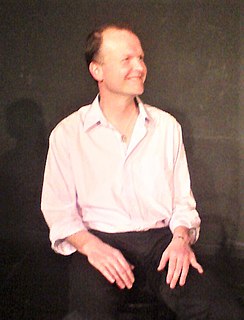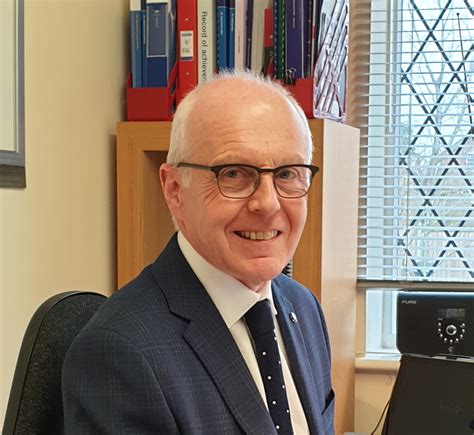A Quote by T. J. Jagodowski
Ideally, you don't speak until you have something honest to say.
Related Quotes
When you say something, say it not for a specific day, not for a specific era, not for a specific country, but say it for all the days, for all the eras and for all the countries. Speak universal, and thus you don't have to speak thousands times; you speak once and you will be heard even ten thousand years later!
We may well be the ones Proverbs warns when it reminds us: "Kings take pleasure in honest lips; they value the one who speaks the truth." The point is clear: If the people speak and the king doesn't listen, there is something wrong with the king. If the king acts precipitously and the people say nothing, something is wrong with the people.
You know how sometimes you're talking to people who love you and give you unconditional love, and you say, "But you know what? Let me back up. I forgot to say . . ."You can do that, right? You don't hesitate and say, "Oh my God! I forgot to say that!". You just speak! And you say it all, until you have nothing more to say. And that's your first draft. It's done.
You may talk about religion and speak about the Gospel, and say we have got the truth and the plan of salvation, and we have got the authority of the Priesthood; but if we are not honest, it does not amount to anything; for neither God nor honorable men love dishonesty. We must, therefore, be an honest people.

































